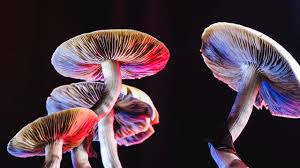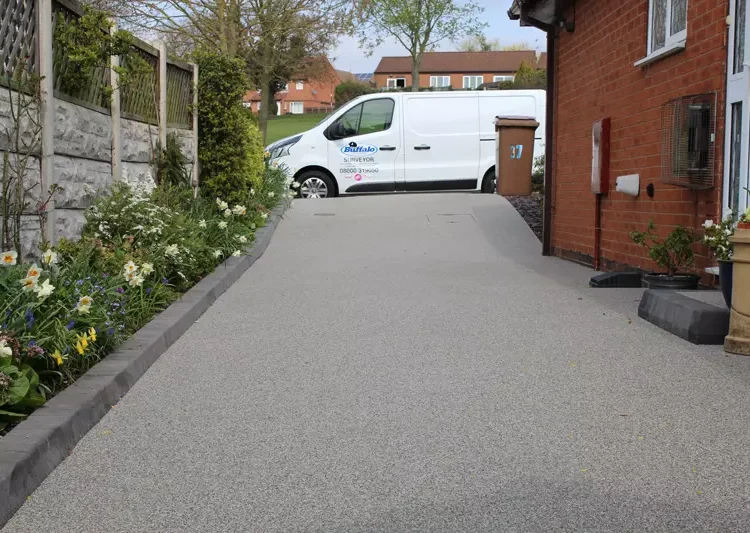The UK’s artificial grass industry is not only expanding rapidly but also evolving with cutting-edge manufacturing artificial grass installers. A notable advancement is the introduction of eco-friendly artificial turf, which incorporates recycled materials, offering a sustainable option for consumers. This shift towards environmentally conscious products reflects the growing demand for green solutions in home and commercial landscaping.
Evolution of Artificial Grass Materials
Artificial grass has undergone significant transformations since its inception. Initially, it was produced from nylon, a material praised for its durability but criticized for its abrasive nature, which could cause friction burns. The industry then shifted to polypropylene, which, despite being less abrasive, was rigid and brittle. The breakthrough came with the use of polyethylene, a non-abrasive, durable material that provided a softer surface, making synthetic grass suitable for a wider range of applications, including sports fields, domestic lawns, play areas, and decorative spaces like roof terraces and balconies.
The Green Revolution in Synthetic Turf
With climate change becoming an increasingly pressing issue, the industry’s research and development teams have been motivated to create more eco-friendly artificial grass options. The latest innovation is a product that combines polyethylene yarn with fully recycled polyester yarn. Remarkably, each square meter of this new turf uses the equivalent of 15 recycled plastic bottles, highlighting the product’s contribution to reducing plastic waste.
Hi-Tech Turf: Pioneering Recycled Artificial Grass in the UK
Hi-Tech Turf has taken the lead in the UK market by becoming the first supplier to offer recycled artificial grass. This addition to their product range not only provides customers with a lush, natural-looking lawn but also contributes to environmental conservation. By choosing this recycled turf, users eliminate the need for fertilizers, water, and energy for maintenance, further diminishing their ecological footprint.
Environmental and Practical Benefits
Reduced Waste: Incorporates recycled plastic, lessening landfill burden.
Water Conservation: No watering required, saving a precious resource.
Energy Efficiency: Eliminates the need for electric or petrol-powered lawn maintenance tools.
Chemical-Free: No fertilizers or pesticides needed, protecting local ecosystems.
Future Prospects for Sustainable Artificial Turf
The UK’s artificial grass industry is poised for further eco-friendly advancements. Hi-Tech Turf and others in the field are exploring the potential for products made entirely from recycled materials. As technology progresses, consumers can anticipate a range of sustainable options that align with environmental goals without compromising on quality or aesthetics.
For more information on the benefits and applications of artificial grass, visit Hi-Tech Turf.
Interesting statistics and discussions about the environmental impact of artificial grass are not commonly highlighted. For instance, a study by the Sports and Play Construction Association (SAPCA) suggests that artificial turf can save up to 22,000 liters of water per year for an average-sized garden in the UK. Moreover, the Carbon Trust estimates that the use of artificial grass could reduce carbon emissions by up to 70% compared to natural grass, due to the absence of lawn mowing and maintenance.
As the UK continues to prioritize sustainability, the market for recycled artificial grass is expected to grow, offering a practical and eco-friendly alternative for green spaces across the nation.



